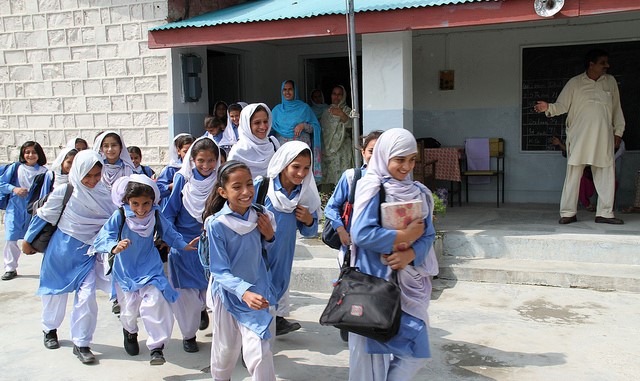The past few decades have seen an exponential increase in the growth of low-cost for-profit private schools (LCPS) globally. In countries like Pakistan and India the private sector now commands a significant and rapidly increasing share of the market. Over a third of primary enrolment in Pakistan is now in this sector. However, schools invariably start as small “mom-and-pop” affairs with entrepreneurs relying exclusively on personal resources and offering a limited set of classes with limited facilities. Although sufficient to compete against a lower quality public sector, schools find it harder to substantially raise the quality they offer. It appears this inability to move out of a low quality-low price equilibrium is not driven by parents unwilling to pay more for higher quality private schools. Instead a range of supply-side and market level failures likely constrain this sector.
Through a randomized controlled trial, the researchers will introduce two financial products designed with a reputable micro-finance institution (Tameer Microfinance Bank): a loan product and a quasi-equity instrument that shares risk with schools, into the province of Punjab, Pakistan. Through five separate questionnaires of both teachers and students, they will collect data on an array of outcomes at the school and student level, on both education and business outcomes. This will enable them to measure the impact of individually and simultaneously addressing both financial and education support services (ESS) constraints for private schools.
The Government of Pakistan, along with several large donors in Pakistan have recently prioritized and allocated funding for programmes offering loans to low cost private schools and will benefit from the results and lessons learned from this programme. The researchers anticipate that, as the market grows and word of ESS applicability to (and profitability from) LCPS spreads, more providers will enter and compete for share of the LCPS through service improvements and cost efficiency.








